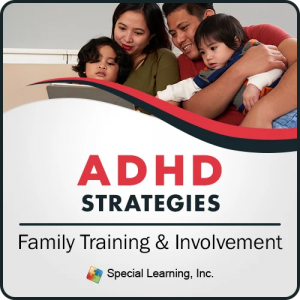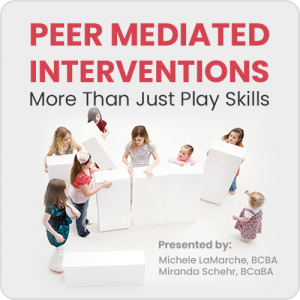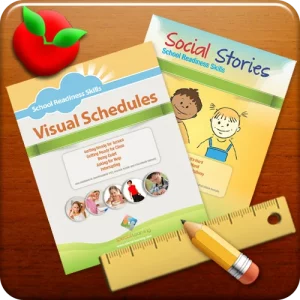Caring for Siblings
Parents with children with autism have their hands full. In addition to the financial and social responsibilities faced, the special child can be very demanding and need a lot of attention. Fulfilling these demands can impact the whole family if the proper balance is not maintained. Special care should be taken to ensure that the needs of siblings are not overlooked as it is very easy for them to feel left out or neglected.
There are many ways of minimizing and dealing with the effects on siblings of your child with autism. Specifically, you can help siblings adjust and thrive in your family environment by:
Educating them early on by explaining any difficulties and differences the child with autism has
It is a good idea to educate siblings as early as possible by explaining the difficulties and differences faced by your child with autism, and the effects on them. It also helps to give siblings the opportunity to talk about their feelings and any concerns they may have. And be sure to include them in the process of finding solutions to problems.
Devoting special time and attention to them
Obtaining respite care or finding someone who is willing to babysit, such as a grandparent or friend, is an invaluable way of freeing up some time for a parent and sibling to share some special time together. This special time could be used for talking, a special outing, or maybe a trip to an amusement park.
Open communication
Talk with siblings about any concerns or feelings they may have and include them in the process of seeking solutions to problems.
Arranging for attendance at support groups for siblings or linking up with other siblings in families with a child with autism
Siblings may also benefit from parent support groups. And there are often support groups specially set up for the siblings, enabling them to get to know one another, share activities, and talk about their feelings.
Providing books and other reading materials
Other resources include reading materials, which can greatly help siblings enhance their understanding of autism. There are many different books that cover different facets of sibling relationships. Many autism organizations have a library that lists books aimed at different age levels.
Cultivating shared interests between siblings and the child with autism
If the child with autism and a sibling share any interests, it is a good idea to foster and cultivate those interests so they have something to share and relate to one another with. These shared interests can help to strengthen the bond and communication between them.
Having a brother or sister with autism can affect siblings in different ways. Younger children who have a sibling with autism often experience teasing from other children, a lack of privacy and disruption of home life, and a feeling of resentment that there is so much attention focused on the person with autism (NAS). Some go off the rails as they get older and have more behavioral problems. It is important for them to have someone to talk to so they can share feelings, especially any negative ones. This could be a health professional or some other trusted person. Of the many positive benefits, many siblings of a child with autism are often wiser and more mature than may be expected for their age. Significantly, they are also often more compassionate and caring.
The focus should be on balancing the needs of the whole family and ensuring that the emotional needs and concerns of siblings are taken into consideration. It is also important that parents do not burden their children by talking too much about their own emotions and needs, as this can cause additional pressure. These steps will help create a healthy and positive family life for siblings of your child with autism.
References:
The National Autistic Society. (n.d.). Autism.org: What’s on this website for siblings? Retrieved April 23 2011, from http://www.autism.org.uk/living-with-autism/parents-relatives-and-carers/siblings.aspx
Copyright © by Special Learning Inc. All right reserved.
No part of this article may be reproduced in any manner whatsoever without written permission except in the case of brief quotations embodied in critical articles and reviews. For information, contact Special Learning Inc., at: contact@special-learning.com








